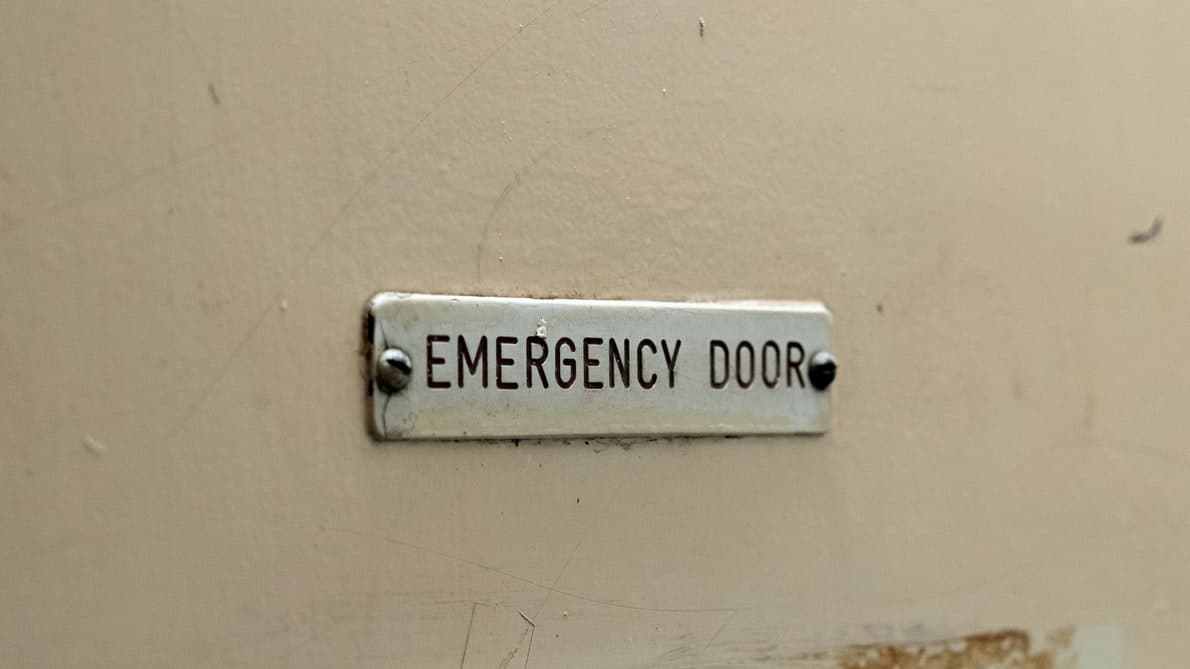

This is part of a special series, brought to you by the Standards for Excellence Institute, to provide nonprofit leaders with a brief nonprofit governance and management tip weekly over the course of 2020. We hope these short tips will be helpful to you and the nonprofits you serve. If you have suggestions for future topics, please forward these to acmadsen@standardsforexcellence.org.
Not a week goes by when we don’t hear about some nonprofit that is tackling the impact of some type of disaster. Whether it’s a fire, a health emergency like an epidemic or pandemic, a natural disaster, or a violent act, nonprofits big and small are tackling disasters on an on-going basis. International disaster and relief organizations, hospitals, health and human services, food and housing organizations, and animal rescues are often a part of the first responder teams in many emergencies – and many of these organizations continue to provide support long after the immediate event.
At my organization, I am sincerely grateful for my colleagues who head up our efforts for disaster preparedness. The time and effort that is invested in ensuring that our emergency plans are up to date, that emergency supplies and water are replenished, that drills are carried out, that our team is trained, and that emergency communications strategies are available and ready to be employed is essential for ensuring not just the continuity of our services, but protecting the safety of our team.

The Standards for Excellence: An Ethics and Accountability Code for the Nonprofit Sector encourages all nonprofits to have written board-approved administrative policies addressing crisis and disaster planning that are periodically reviewed by the board.
Nonprofit services are vital to many communities. So maintaining capacity to serve others is crucial. Having a crisis and disaster plan can help ensure that nonprofits:
- Prepare for emergencies, to the extent possible
- Respond quickly and clearly to all constituents
- Continue to offer its essential programs
- Resume full operations as soon as possible
- Safeguard and protect vital organizational resources
The Standards for Excellence educational packet on Administrative Policies includes helpful resources and samples of a crisis and disaster plan; roles and responsibilities of the nonprofits’ disaster/crisis response team; a nonprofit risk assessment worksheet; a business continuity plan worksheet; and a sample emergency crisis communication plan.
This educational resource packet and the full series of all packets – including sample policies, tools and model procedures to help nonprofits achieve best practices in their governance and management – can be accessed by contacting a licensed Standards for Excellence replication partner, one of the over 150 Standards for Excellence Licensed Consultants, or by becoming a member of the Standards for Excellence Institute.



